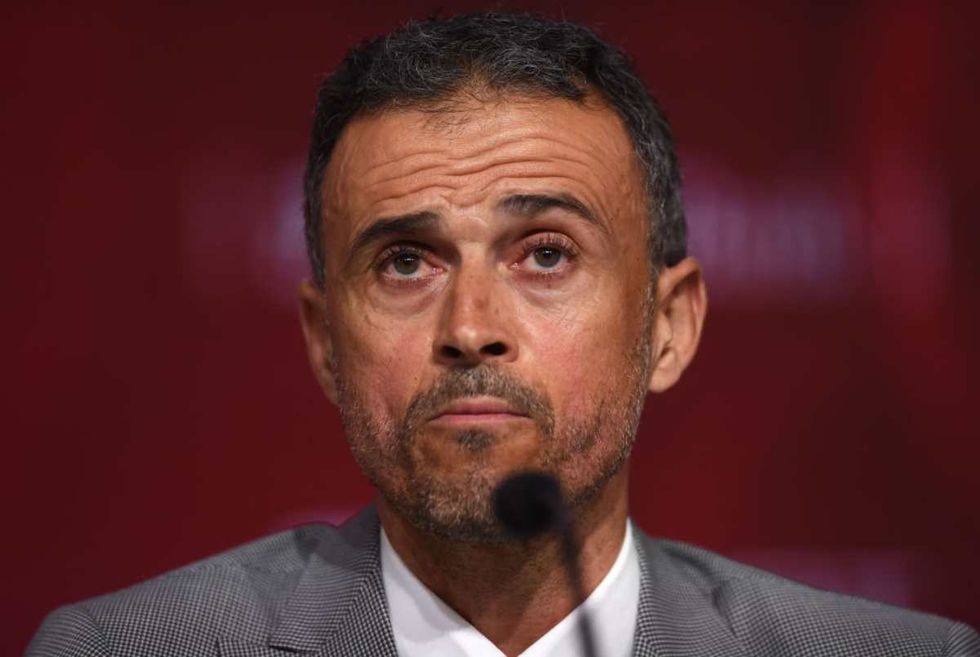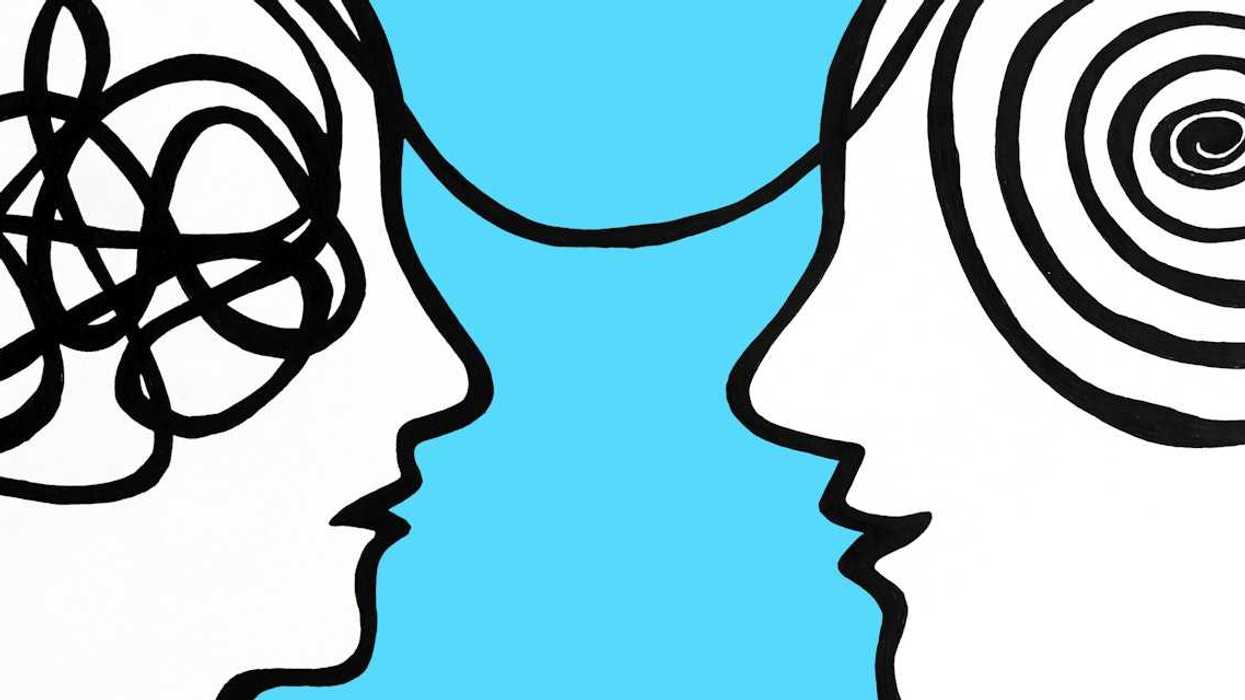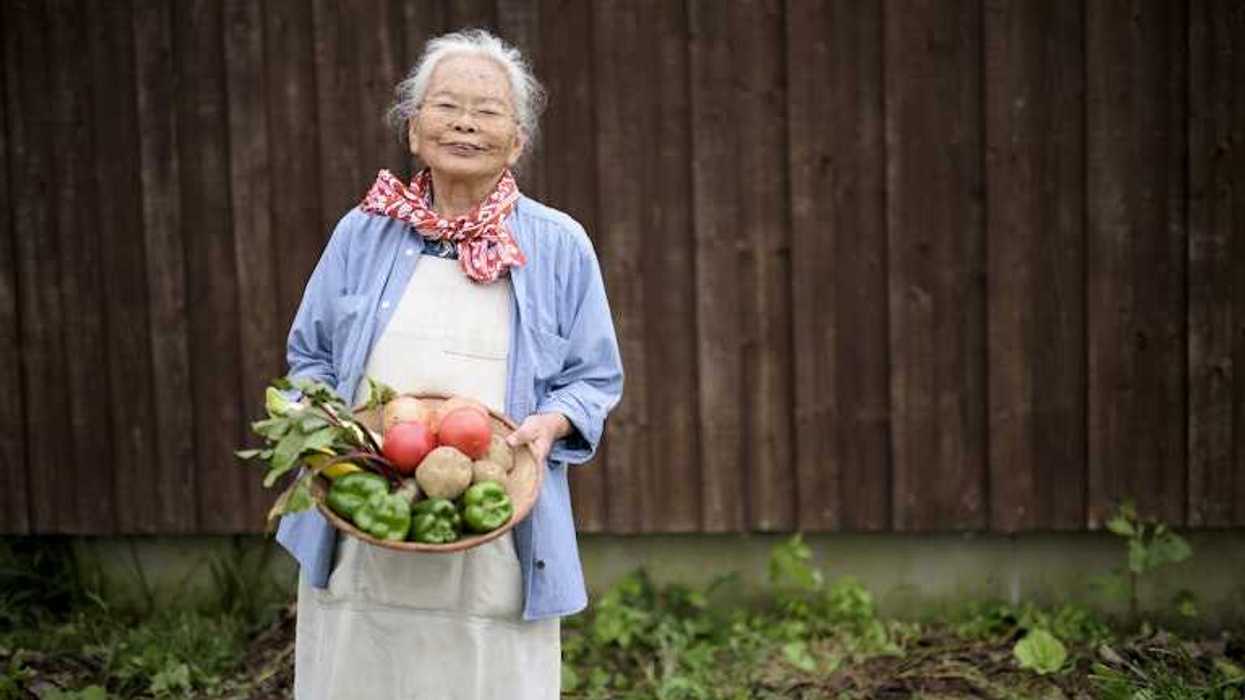Even the strongest athletes can be brought to their knees by personal tragedy, as was the case for Luis Enrique in 2019. That summer, he stepped down from his role as coach of the Spanish National Team, leaving his assistant Robert Moreno in charge until Euro 2020. It was only later that the heartbreaking reason became public—his 9-year-old daughter, Xana, had passed away after a months-long battle with a rare form of bone cancer.

Known for his fiery passion on the field, the former Barcelona and Real Madrid midfielder was left shattered by a grief he kept private. In the third episode of his documentary You Haven't Got a Clue, Enrique opened up about the devastating loss and how he has processed the pain. The emotional clip has touched countless hearts. While fans have long admired Enrique's physical strength and dedication, they now see the depth of his mental and emotional resilience. "Can I consider myself fortunate or unfortunate? I consider myself fortunate, very fortunate," he shared, according to The Sun. "My daughter Xana came to live with us for nine wonderful years. We have a thousand memories of her, videos, incredible things." He recalled how his mother initially avoided displaying photos of Xana, telling him, “I can’t, I can’t.” Enrique responded, "Mom, you have to put up photos of Xana. Xana is alive. Physically, she may not be here, but spiritually she is." The clip poignantly includes footage of little Xana, full of life and joy, going about her daily activities.
Two days ago, the video was reposted by u/Armando_bronca in a Reddit group r/soccer where it was upvoted by more than 18,000 people. People appreciated Enrique as a mentally strong man. “What a man…got me tearing up,” said u/jazzjama, while u/niflheims17 commented on it saying, “Luis Enrique has incredible strength to be able to speak so positively regarding the most tragic thing that could ever happen to any parent.”

“We will miss you a lot but we will remember you every day of our lives with the hope that one day in the future we will meet again. You will be the star that guides our family. Rest [in peace] Xanita,” Enrique wrote on X on August 29, 2019, as a tribute to Xana, according to Al Jazeera.
Ahead of Euro 2020, as he settled into a healed state, he returned to his job as the coach of the Spanish team to replace Moreno. But he said Moreno could no longer work as his assistant and he dismissed him from the job. "Moreno worked hard for this and he is very ambitious, which is a quality I admire very much," he said in the press conference, as per BBC. "However, I believe his actions were disloyal because I wouldn't do this and I want no one in my staff with those characteristics."


















 Regular exercise and a balanced diet are cornerstones to aging well.
Regular exercise and a balanced diet are cornerstones to aging well.


 Oral Wegovy pills were approved by the Food and Drug Administration in December 2025 and became available for purchase in the U.S. in January 2026.
Oral Wegovy pills were approved by the Food and Drug Administration in December 2025 and became available for purchase in the U.S. in January 2026. Despite the effectiveness of GLP-1 drugs for weight loss, there is still no replacement for healthy lifestyle patterns, including regular exercise.
Despite the effectiveness of GLP-1 drugs for weight loss, there is still no replacement for healthy lifestyle patterns, including regular exercise.


 What foods would you pick without diet culture telling you what to do?
What foods would you pick without diet culture telling you what to do?  Flexibility can help you adapt to – and enjoy – different food situations.
Flexibility can help you adapt to – and enjoy – different food situations.
 Anxious young woman in the rain.Photo credit
Anxious young woman in the rain.Photo credit  Woman takes notes.Photo credit
Woman takes notes.Photo credit